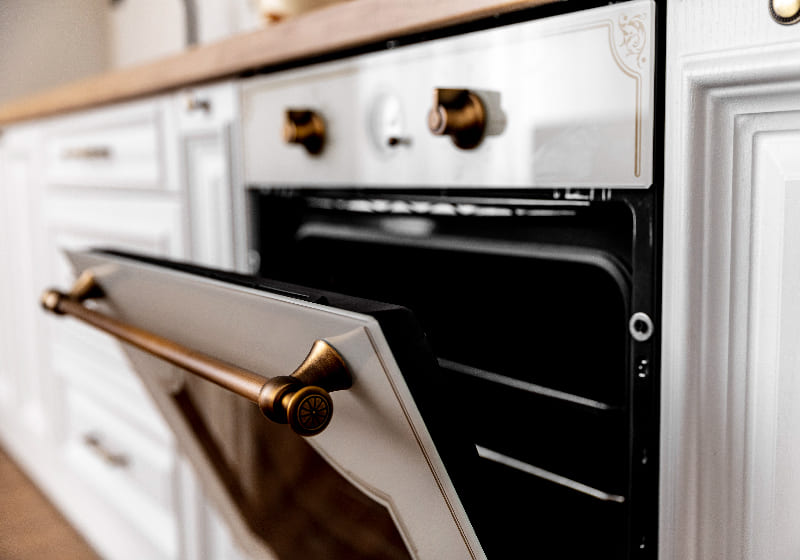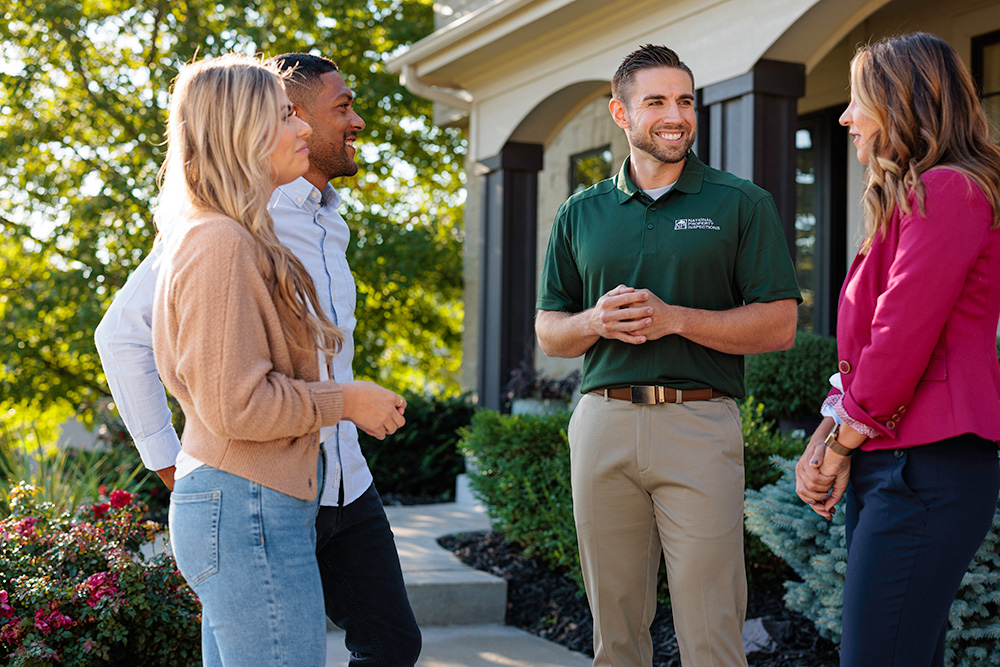Being inside for the majority of last year may have given you more time to try new things. Perhaps you found a new hobby, binged your favorite shows, or polished your cooking skills by trying new dishes. If you did work on your culinary abilities, your oven might be in need of some TLC. Knowing how to clean your oven the right way will let you extend its lifespan and get the best possible cooking results.
“When should I clean my oven?”
The obvious answer to this question is: when your oven is noticeably dirty. If there are grease spots around your burners, charred food on the racks, and other signs that it’s been a while since you last cleaned, it’s time. For active chefs, cleaning every couple of months is best to prevent debris buildups that can lead to fires. As for those that aren’t using their kitchen much, cleaning once or twice a year should suffice. Again, it all depends on how frequently you’re cooking and how messy you get when you do.
“Can’t I just use the self-clean feature on my oven?”
While the self-clean option on most ovens is nice, it isn’t a perfect solution. Normally when you activate an oven’s self-clean cycle, the oven locks and heats up to temperatures that reach over 500 degrees (F). This can cause ovens that have piles of food particles to turn into a smoky and fiery hazard. It’s also possible for these burned food bits to create dangerous carbon monoxide gases if you don’t properly vent your home beforehand. The self-clean feature puts a lot of stress on your oven as it tries to regulate itself, resulting in blown fuses and broken parts. Overall, it’s best to roll up your sleeves and tackle the mess yourself.
“Which cleaning solution should I choose?”
You have a couple of options, from homemade remedies to store-bought chemicals, to freshen up your oven. Each is effective against varying amounts of grease and grime, so choose the one that fits your situation.
Clean as You Cook
To make your cleaning routine easier on yourself, stay on top of spills as they happen. This will help keep stains from setting in or growing larger. Regularly check that your oven is working properly as well to ensure that you’ll be making yummy meals with it for as long as you can.
Get Your Components Checked by NPI
From your oven to your HVAC, a trained professional from NPI can check that everything is operating correctly. Schedule your inspection today!



